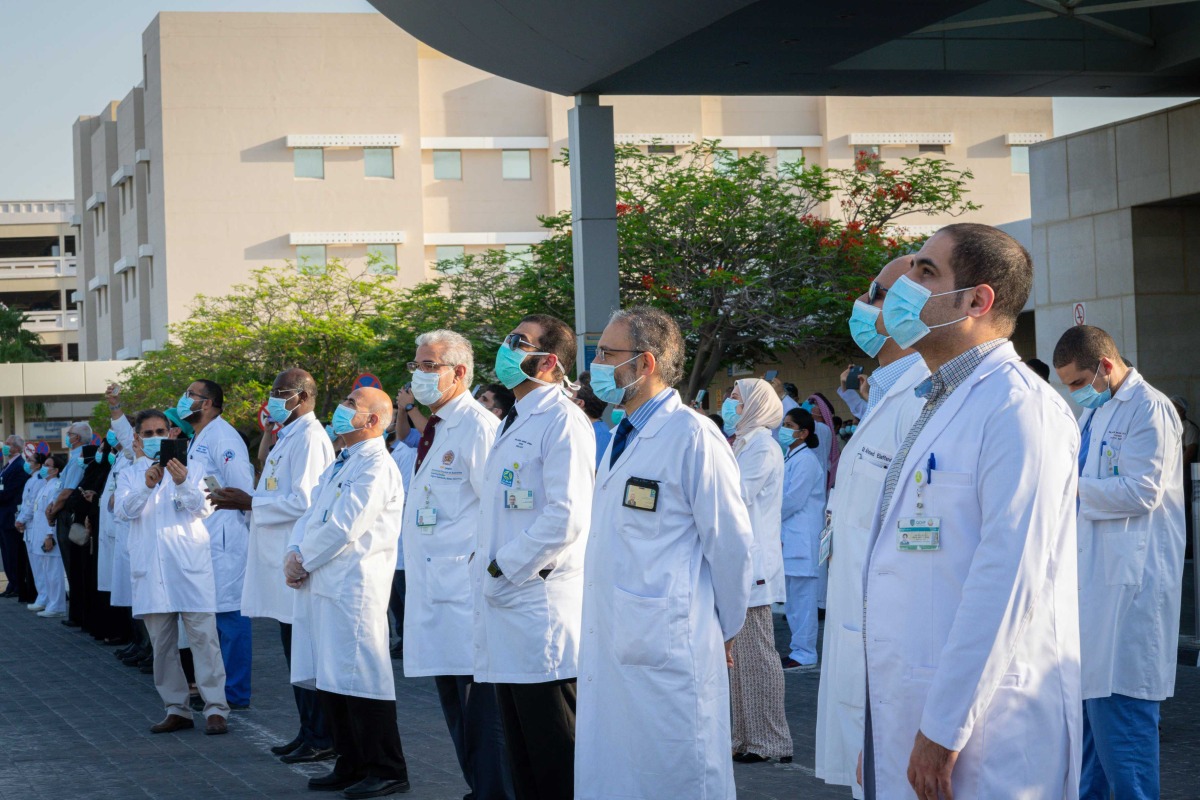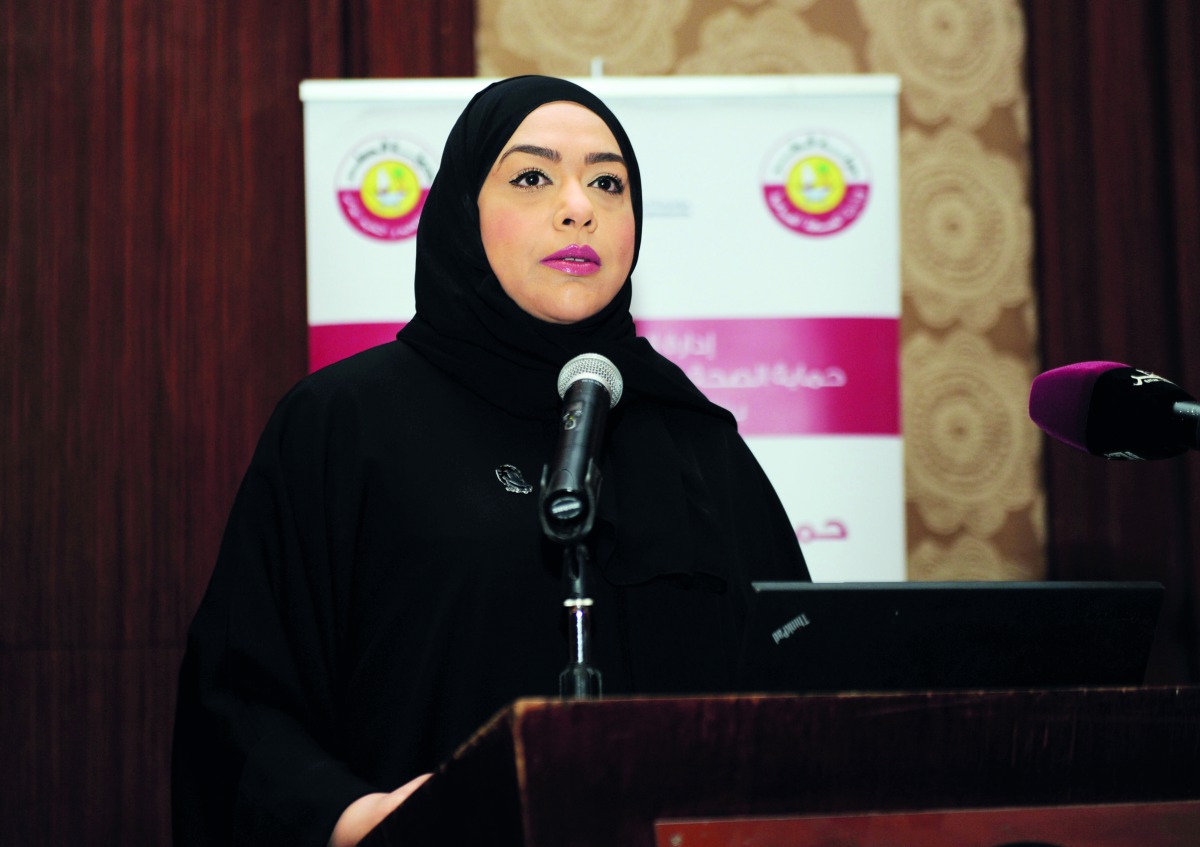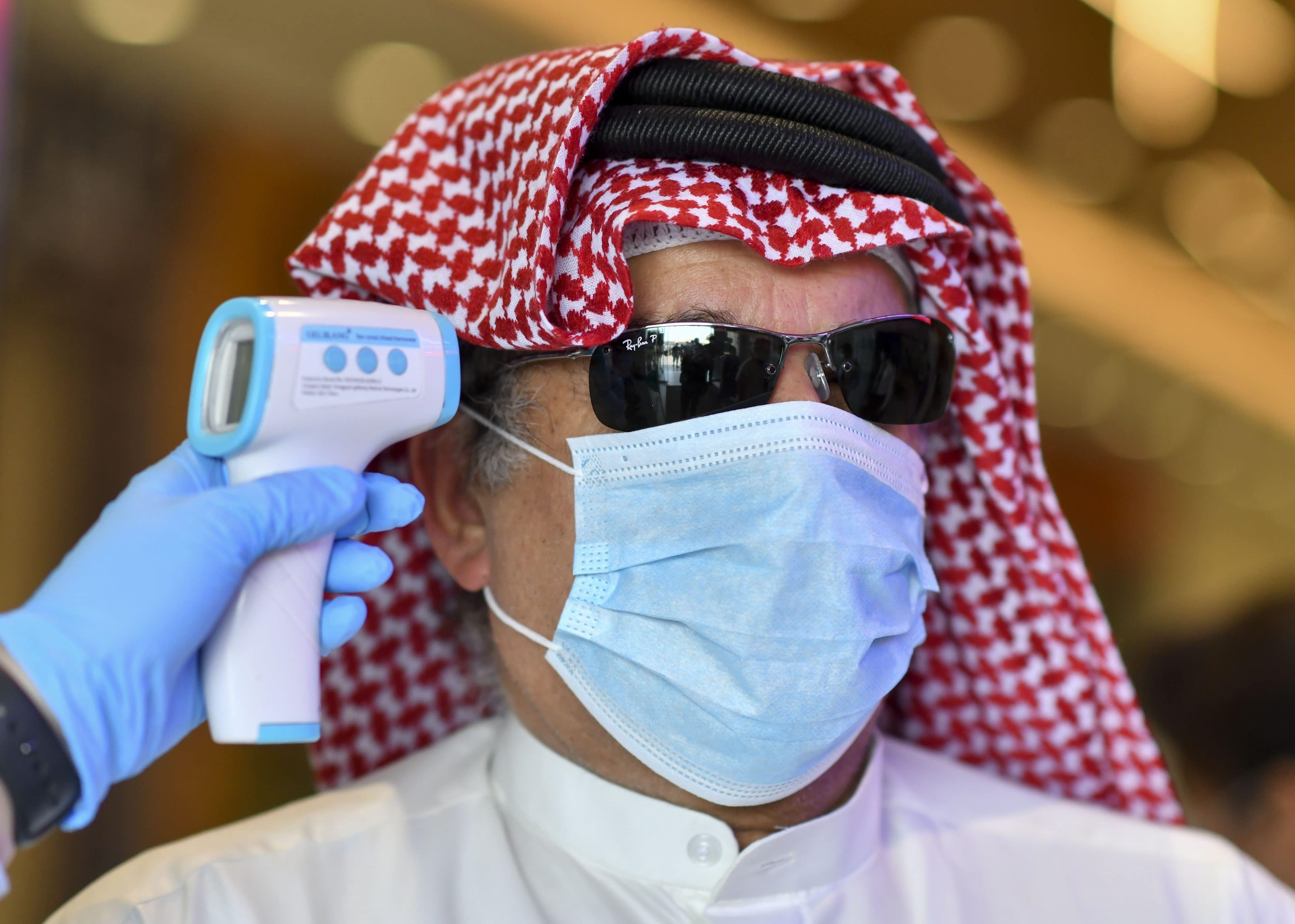The World Innovation Summit for Health, a global health initiative of Qatar Foundation, called attention to the lack of protection against mental health challenges for medical students and healthcare professionals at the 71st General Assembly of the International Federation of Medical Students Association (IFMSA) in Istanbul. It is the largest youth-led global assembly of medical students in the world.
In a session titled, ‘Tangled Minds: Safeguarding the mental health of medical students,’ Nick Bradshaw, World Innovation Summit for Health’s (WISH) Director of Partnerships and Outreach, raised concern over the poor levels of mental health medical students’ experience, identifying burnout as one of the top factors affecting their mental well-being.
Among medical students, burnout – where stress is not successfully managed – can lead to serious mental health issues. “Medical students are statistically less prone to mental health issues when they start their studies, and yet within a year they average significantly lower levels of mental health than students in other disciplines, so there’s clearly an issue that needs to be tackled,” Bradshaw told an audience of international medical student representatives.
Bradshaw pointed out that burnout may manifest in a number of ways. “It may surface as increased headaches, sleeplessness, poor concentration, gastrointestinal issues, or an increasingly cynical outlook on life. Unfortunately, the high workload of medical students, a culture of pushing through, and the competitive nature of training only serves to exacerbate the problem.
“Around half of medical students suffer from burnout, and ultimately this has a detrimental effect on students’ quality of lives and also on the quality of care given to patients. Students undergoing burnout are likely to alienate themselves socially or exhibit disruptive behaviour. They can also experience feelings of incompetence, uselessness or crushing exhaustion – not a good combination for someone expected to care for others,” he said.
Bradshaw further detailed some causes that give rise to burnout in medical students. “Societal perceptions such as being seen as superhuman and capable of meeting relentlessly impossible high expectations of them, impact medical students’ mental health, and competing for residency slots and first-time exposure to human suffering and loss can also lead to lower mental well-being.”
But coping strategies can help mitigate negative feelings that medical students may be harbouring, he said. “To break out of the cloud of negativity you are under, you must accept and speak about the issues you are facing,” he urged, adding that minor but meaningful changes to daily routine such as exercising, meditating, and developing a healthy diet and sleep routine can reap great positive outcomes.
While Bradshaw acknowledged the need for self-care, he emphasised that the main responsibility for medical students’ mental health is at a systematic level, meaning that medical schools, health systems and governments also play a key role in advancing resilience. “Some of the ways in which we can enable systematic resilience include providing adequate services for those affected by burnout, undertaking short anonymous surveys of medical students and acting on the results, optimising the learning environment, and making mental health training mandatory.”

















Leave a Reply